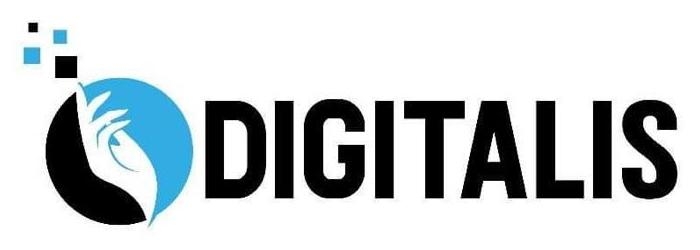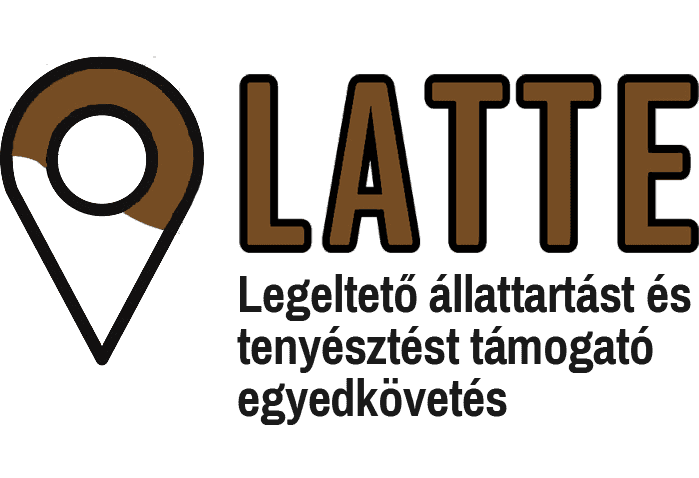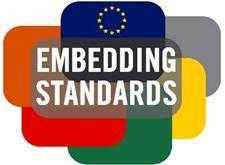The main objective of the DIGITALIS project is to empower female informal carers with the essential digital skills and knowledge to fully exploit the potential of digital healthcare services and technologies to improve their own professional situation as well as the quality of life and safety of their relatives they care for.
















